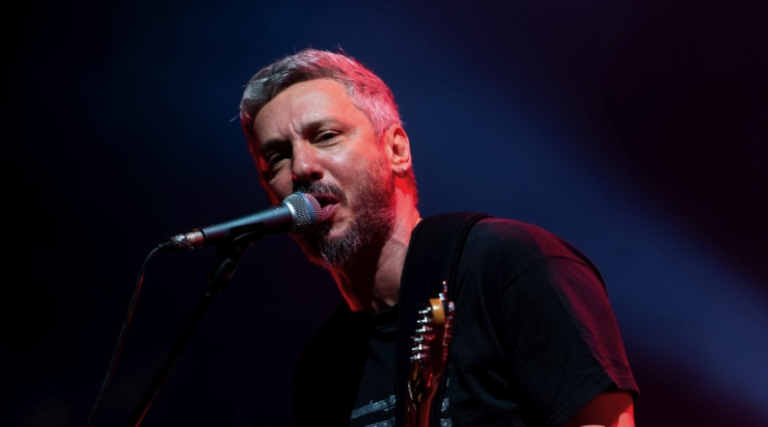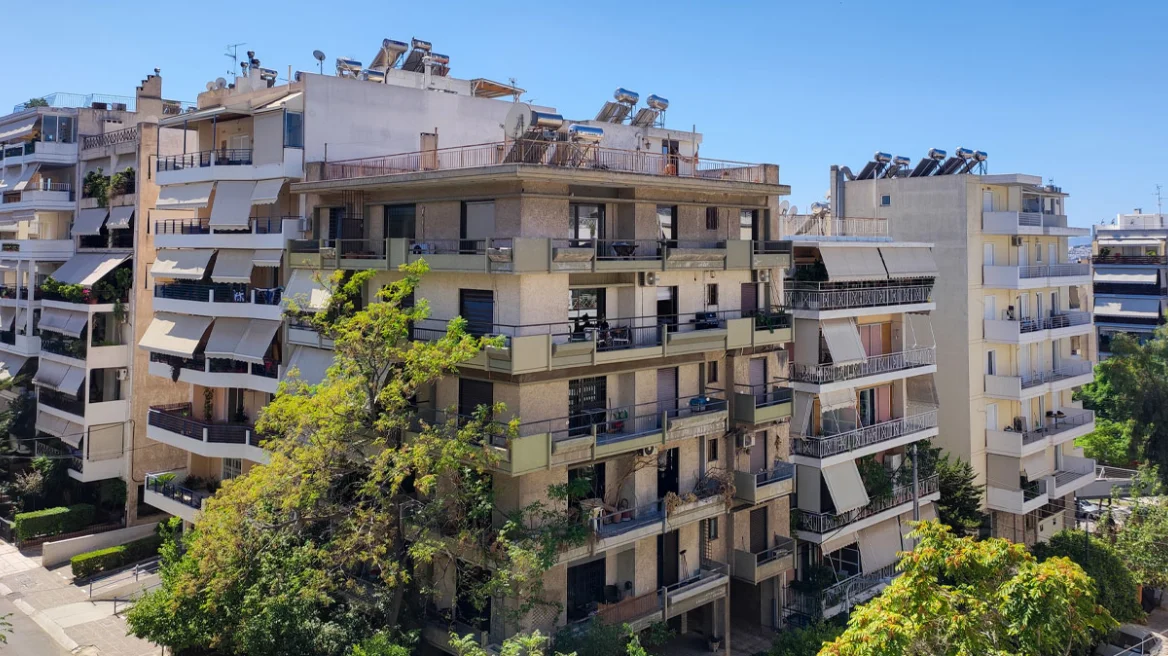In a social media post, Ioannidis explained that he witnessed the events firsthand as he lives near Columbia.
He described the campus “occupation” by students, continuous demonstrations both on and off-campus, and the university’s decision to ban access, move classes online, and suspend events.
In his words he said “I saw the ‘occupation’ of the campus by the students, I also saw the non-stop, 24-hour demonstrations in and outside the university, with the slogans, Palestinian flags and headscarves that you see everywhere in the city, and today there was a protest rally of hundreds of professors,” he wrote in his social post, adding that “so as of this morning, Columbia has banned access to the campus, classes are being held online, the university is operating with security personnel and events are suspended.
Ioannidis apologised to those who were inconvenienced by the cancellation. He noted that similar protests were taking place at other universities, including Yale, Berkeley, and MIT.
Ioannidis has previously performed at American universities such as Columbia and Harvard. His appearance with his guitar at Columbia, where he began singing one of his popular hits, “Pilgrim,” was noteworthy.
The singer also mentioned that his upcoming talk and concert at UCLA on April 26th and 27th are still scheduled to take place.
Ask me anything
Explore related questions





